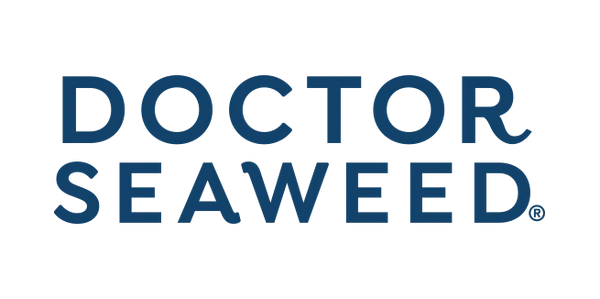Iodine is an essential nutrient for all of us, but especially for pregnant women
Here at Doctor Seaweed, we’re no strangers to the importance of iodine. In fact, we talk about it a lot. That’s because, despite the fact that it is an essential nutrient which is imperative to our overall health and wellbeing, iodine deficiency remains a significant problem both in the UK and overseas. In fact, iodine deficiency is estimated to impact as many as 241 million school-aged children around the world.[1]
Iodine is relevant to everyone. But it is particularly important for child development and healthy pregnancy. We’re going to take a closer look at the relationship between pregnancy and iodine, exploring the latest research into this field to highlight just how important healthy iodine intake is for your wellbeing.
New research highlights the scale of iodine deficiency
In a new Norwegian study, the iodine levels in both pregnant and postpartum women were found to be insufficient, emphasising potential health risks for both mother and baby.
This study, which highlighted the iodine status of 416 women, found that iodine concentrations were at their lowest in women six weeks postpartum. Researchers also found that iodine supplements were an effective way to boost iodine levels and improve health.[2]
The study is just one example of the growing body of research highlighting the issue of iodine deficiency across European populations generally, and especially in pregnant women. An earlier paper published in The Lancet found that 62% of pregnant women in the UK are living with iodine deficiency.[3]
Why is iodine so important during and after pregnancy?
Iodine is key to our health, regardless of gender, lifestyle, age and heritage. However, for pregnant women, post-partum women, and children – iodine intake has been identified as critical.
Iodine is essential for the production of maternal and foetal thyroid hormones. These help to regulate the foetal brain and nervous system, encouraging healthy growth in infants and children. A woman’s required iodine intake increases significantly during pregnancy, in order to ensure that the foetus gets an adequate supply.[4]
Iodine supports the overall health of pregnant and post-partum women, children, and everyone else. As a vital ingredient in the production of thyroid hormones, iodine helps to maintain the health of both the cells and the metabolic rate (the speed at which chemical reactions occur in the body.)[5]
Iodine deficiency both during and after pregnancy can put the health of mother and child at risk, as well as potentially having an impact on how the child grows. A study of 851 mother and child pairs in Norway found that low iodine nutrition in mothers during pregnancy is associated with lower language skills in children up to 18 months old.[6]
Iodine intake for vegan diets
The primary sources of iodine in the average diet are dairy and white fish. This means that, for expectant and new mothers following a plant-based diet, iodine deficiency is an even greater risk.
That’s where seaweed comes in. As the only natural and vegan source of iodine available, seaweed is a fantastic way of achieving your recommended daily intake of iodine while still committing to a vegan diet.
Doctor Seaweed's award-winning Supplements are naturally rich in the essential nutrient iodine to help support women's health during fertility, pregnancy and postpartum. To discover Doctor Seaweed’s range for yourself, click here.

